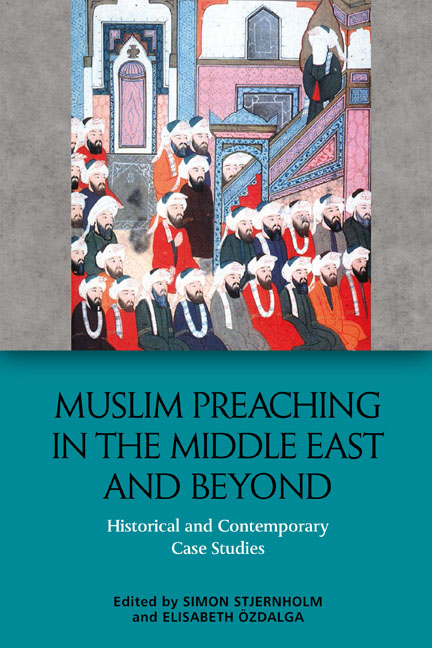3 - Instructive Speech Among Bosnian Muslim Women: Sermons, Lessons or Guidance?
Published online by Cambridge University Press: 20 October 2020
Summary
In the study of Islamic devotional activities, the ethical instructions, Explications of canonical texts and comments on Islamic history embedded in such rituals have often been disconnected from the world of Islamic learning and not regarded as modes of knowledge production – especially if the executors happen to be women. However, in recent decades a more inclusive way to approach to the study of Islamic knowledge production has developed, mostly influenced by anthropological studies with special emphasis on religion as practised in local environments. Likewise, seminal contributions on Muslim women's instruction practices and interpretive authority have been published over the last two decades. This development has been a productive challenge for the study of religion at large. More attention has been paid to the interface between words and deeds, the uses of scriptural traditions in local Islamic practice, and the role of agents and agency in relation to Muslim interpretive practices (Krämer and Schmidtke 2006; Schielke and Debevec 2012).
Following the work of Bowen (1993), Lambek (1993) and van Bruinessen (2011), this chapter provides a discussion about the relationship between choice of oratory and ritual genres, access to spaces and claims of authoritative religious knowledge. Hence, my consideration of theology extends beyond the conventional understanding of ‘systematic theology’, such as kalam, ilahiyat and fiqh, which omits many other modes of interpretation and communication. Instead, I apply a broader definition that emphasises local actors’ ambitions to teach and transmit systematised knowledge of the Islamic faith within their communities. Through such an understanding, there are alternative perspectives on those who claim authority, explicitly or implicitly, by making use of their access to scriptural sources and their training in formulating educative guidance in varying environments. Such an approach to what theology and knowledge production can be requires the identification of other spaces, speakers, genres and means of communication than are conventional in the study of Islam and Muslims. When contemporary studies of Islam and Muslims raise questions about knowledge production, they are as much about who and where, as about which ritual practices can be regarded as instructive.
Qurʾan Recitations during Ramadan: A Time for Learning and Reflection
The empirical material for the following discussion is taken from teaching traditions among Muslim women in Bosnia.
- Type
- Chapter
- Information
- Muslim Preaching in the Middle East and BeyondHistorical and Contemporary Case Studies, pp. 48 - 64Publisher: Edinburgh University PressPrint publication year: 2020



